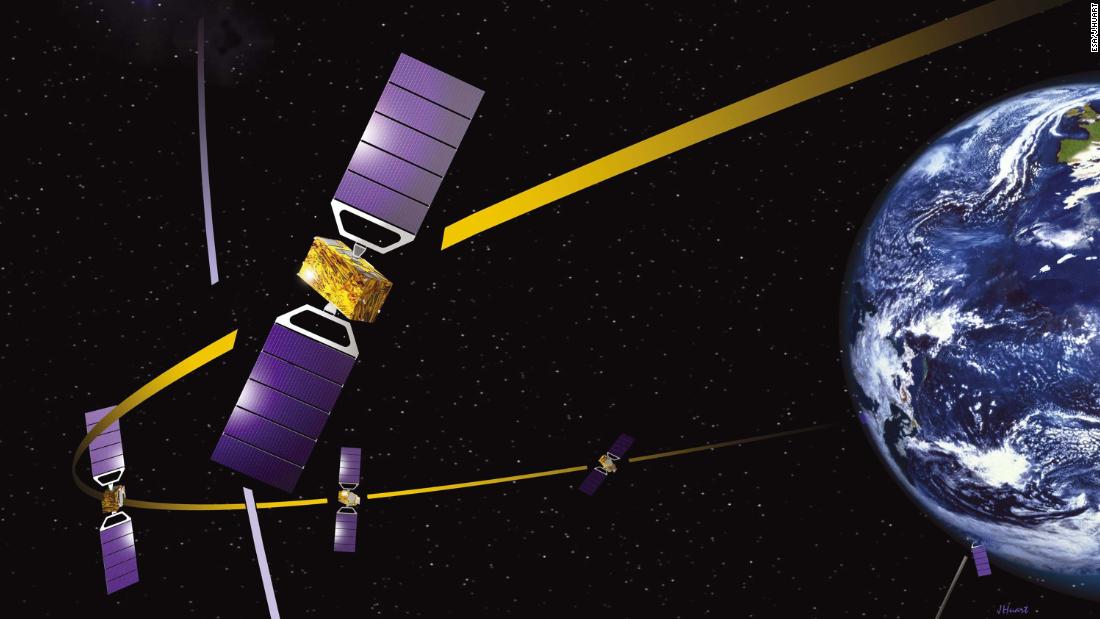
[ad_1]
Galileo, the European Union's Global Navigation Satellite System (GNSS), is designed to compete with the Global Positioning System (GPS) controlled by the United States and the Russian GLONASS system.
"The experts are working to restore the situation as quickly as possible, and an anomaly review committee was immediately set up to analyze the root cause and implement remedial measures," the GSA said in a statement.
Problems with the system were reported for the first time on Thursday.
Galileo was launched in 2016 to provide Europeans with more accurate positioning information. It prides itself on being a satellite navigation technology program operating under civilian rather than military control.
As a result, according to the GSA, Galileo – which is run by the GSA, the European Commission and the European Space Agency – provides "Europe and the Europeans independence and sovereignty".
While Galileo's navigation and timing services are down, the GSA says its Galileo search and rescue service – which can accurately locate a distress beacon at sea or in the mountains – is unaffected .
Currently, 22 satellites are in orbit as part of the Galileo constellation, which is in an initial "pilot" phase. The system should be fully operational by 2020.
[ad_2]
Source link

